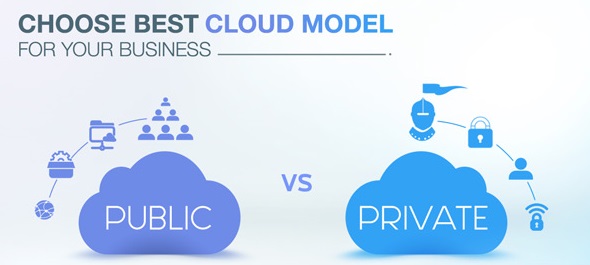Easily secure your cloud resources within private, isolated networks.
You can leverage multiple layers of security, including security groups and network access control lists, to help control access to virtual private cloud instances.
What is Virtual Private Cloud?

WHY CHOOSE OUR PRIVATE CLOUD
HOW PRIVATE CLOUD HELPS YOUR BUSINESS
PRIVATE CLOUD KEY BENEFITS
Pricing plans
Flexible pricing and plans available. For more details contact Sales.
Frequently Asked Questions
Who Should Use a Private Cloud?
Once an organization has determined its cloud needs and priorities, it can determine if the private cloud is the right kind of IT environment.
For some organizations, the private cloud will be the only realistic option to ensure regulatory compliance. For example, HIPAA requires that “electronic protected health information” (e-PHI) is created, received, stored, and transmitted in a way that ensures its confidentiality, integrity, and availability.
What is an internal private cloud?
An internal private cloud is hosted on an organization’s own premises, and is managed by them internally. Unlike with a hosted private cloud, the organization manages and operates the internal private cloud themselves. Typically, this means they will purchase the servers, keep them up and running, and administer the software that runs on the servers
Is private cloud more secure than public cloud?
Private cloud is generally more secure than public cloud, with one important caveat: A business must proactively ensure that security is strong and up to date in order to reap the benefits of private cloud. (Most public cloud providers have the scale and resources to provide robust security, so businesses that have doubts about their ability to manage their own security may be better served by public cloud solutions.) As long as a business isn’t complacent, though, the private cloud offers many advantages for security. Since private clouds are limited to specific physical machines, it’s easier to ensure physical security.
Types of private cloud
- Virtual private cloud: This type is different from conventional private clouds because the resources in a virtual private cloud exist in a walled-off area on a public cloud instead of being hosted on-premises.
- Hosted private cloud: This type of private cloud is hosted by a separate cloud service provider on-premises or in a data center, but the server is not shared with other organizations.
- Managed private cloud: With this type of private cloud, a cloud service provider not only hosts a private cloud for an organization, but it also manages and monitors the day-to-day operations of the private cloud.
